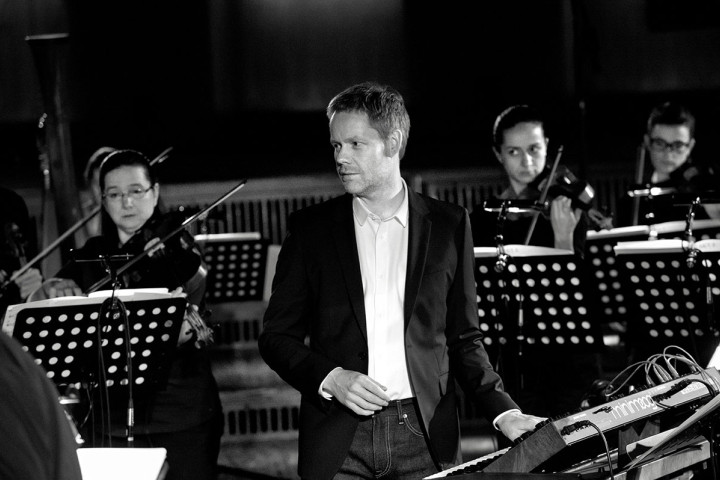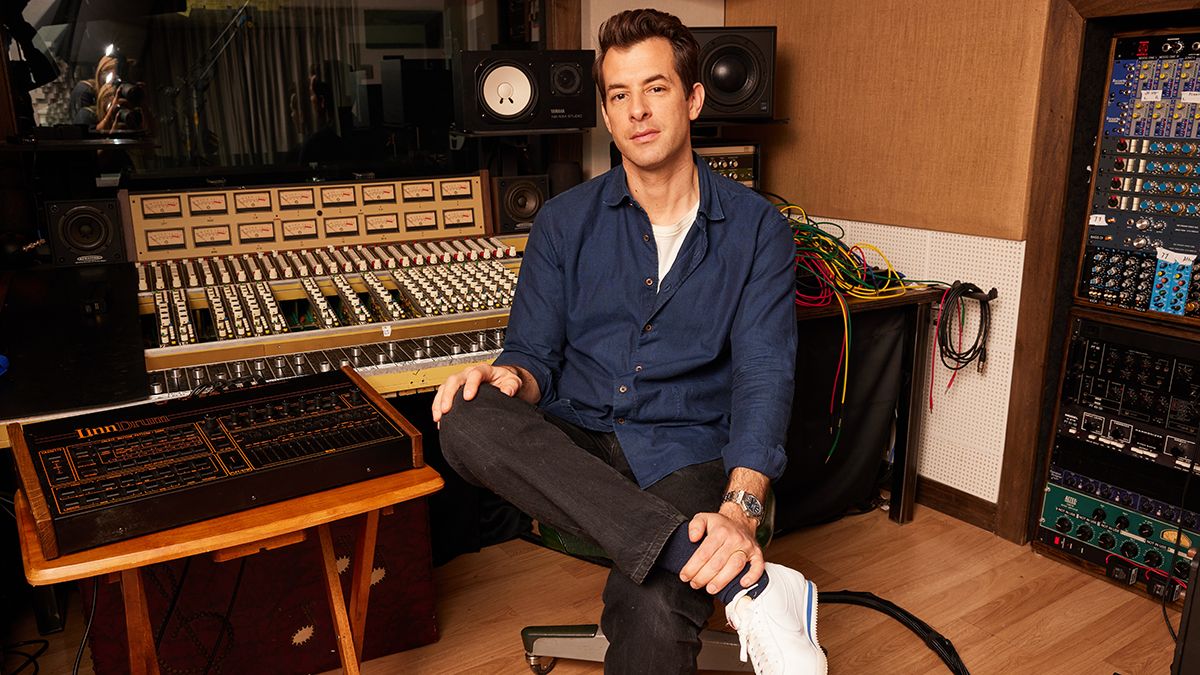
Revisiting how this album was created and discussing its legacy, Classic Album Sundays’ founder and BBC broadcaster Colleen ‘Cosmo’ Murphy speaks with composer Max Richter and conductor of the album André de Ridder about this landmark LP so that fans can enjoy the album with new meaning.įollowing the discussion, there will be an uninterrupted vinyl playback of the album on the Classic Album Sundays’ and Audio Note UK audiophile hi-fi allowing listeners to experience the album in a way they never have before. In 2012, Max Richter released a record which brought contemporary classical and electronic hybrid genres into the mainstream: Recomposed by Max Richter: Vivaldi – The Four Seasons. Here you'll find a dusty treasure-trove of old shortwave radio signals, industrial rumbles, clicks and pops serving as the underlying bed for Richter's gritty and forlorn soundscapes.Classic Album Sundays presents an evening with composer Max Richter and conductor André de Ridder to discuss Recomposed by Max Richter: Vivaldi, The Four Seasons as part of Spitalfields Music Winter Festival. Released in summer 2012, Richter’s genre-defining recomposition of a Baroque masterpiece topped the classical charts in 22 countries. For this music, Richter pares down to just a piano, his laptop and a string quartet, but he weaves in many unusual sounds. Richter and Chineke will also perform Recomposed together live for the first time on Thursday 16 June in an exclusive UK summer show Live at Chelsea, with tickets on sale now.

For a taste of his more electronic side, the second half of this concert features selections from Infra, dance music he wrote for London's Royal Ballet, based on T.S. The revamped Vivaldi is about as "classical" as Richter gets.

And Vivaldi's violin horn calls in the finale of "Autumn" morph into a comforting minimalist blanket of warm double basses and electronics.
#Max richter vivaldi movie#
The cheerful birdsong that opens Vivaldi's "Spring" emerges as mere shards of the original, backed by moody pedal points in the electronic low end, lending it a movie music feel. In Richter's reimagining, you'll recognize more than a few weather-related signposts like the violin's shivering figures in "Winter" and bolts of thunder in stormy "Summer." Yet in other places the music is heavily disguised. Richter recorded his rejiggered Seasons with violin soloist Daniel Hope and together they brought the project to (Le) Poisson Rouge, the Greenwich Village music space, where we had our cameras set up and ready to roll. Still, Richter's remodeled version retains the basic shape, and much of the spirit, of the master's original four violin concertos - each about ten minutes and in three movements, sequenced fast-slow-fast. It sounds a little hipper - lighter on its feet in places, darker and more cinematic in others.

He discarded about three quarters of Vivaldi's original, substituted his own music and tucked in some light electronics for a total Four Seasons makeover.

So instead of writing off the piece forever, Richter rewrote it. Long ago he loved it the piece but like some of us, he grew tired of the overplayed warhorse, which can be found in no fewer than 250 recordings on sites like ArchivMusic. Can't take another moment of Vivaldi's ubiquitous Four Seasons? Neither could Max Richter, a London-based composer who deftly blurs the lines between the classical and electronic worlds.


 0 kommentar(er)
0 kommentar(er)
